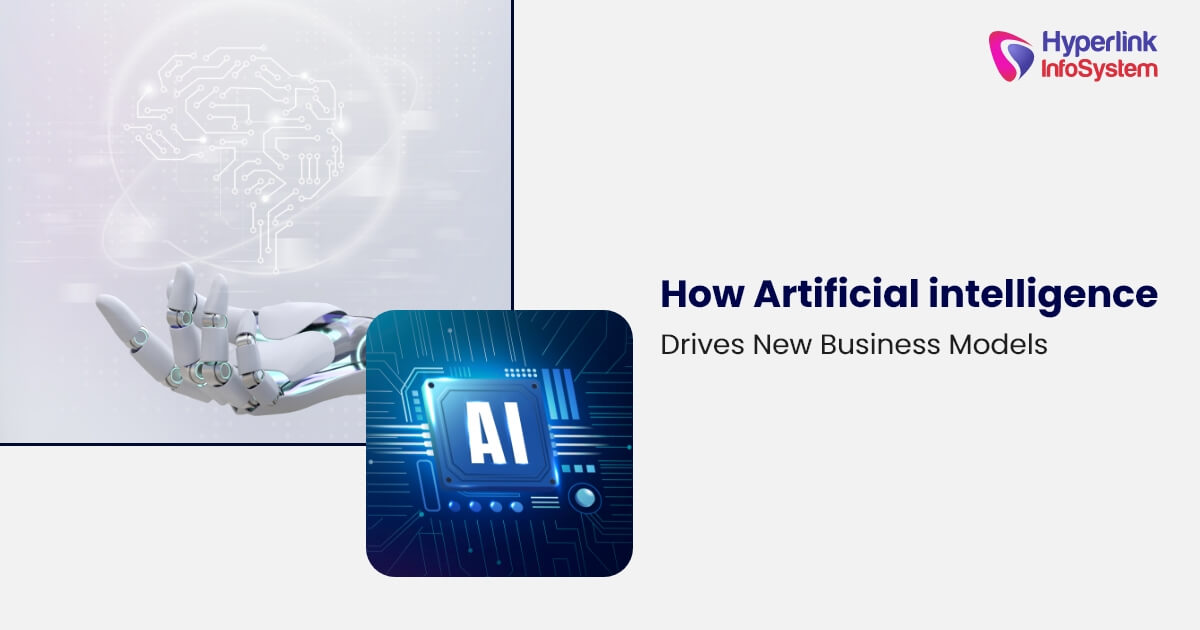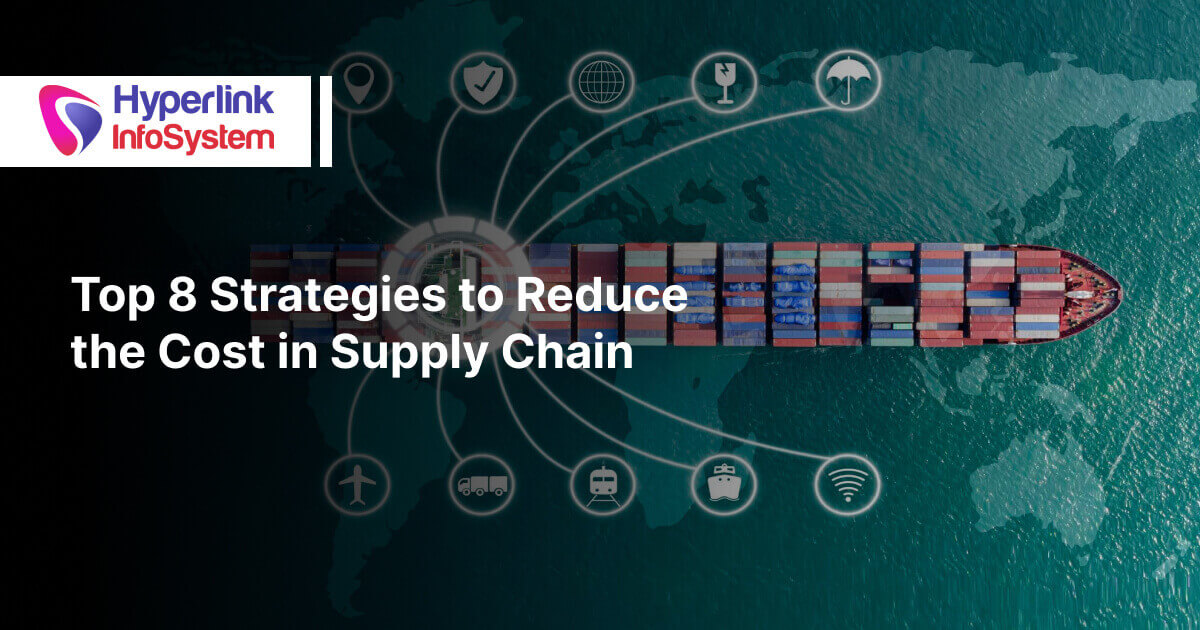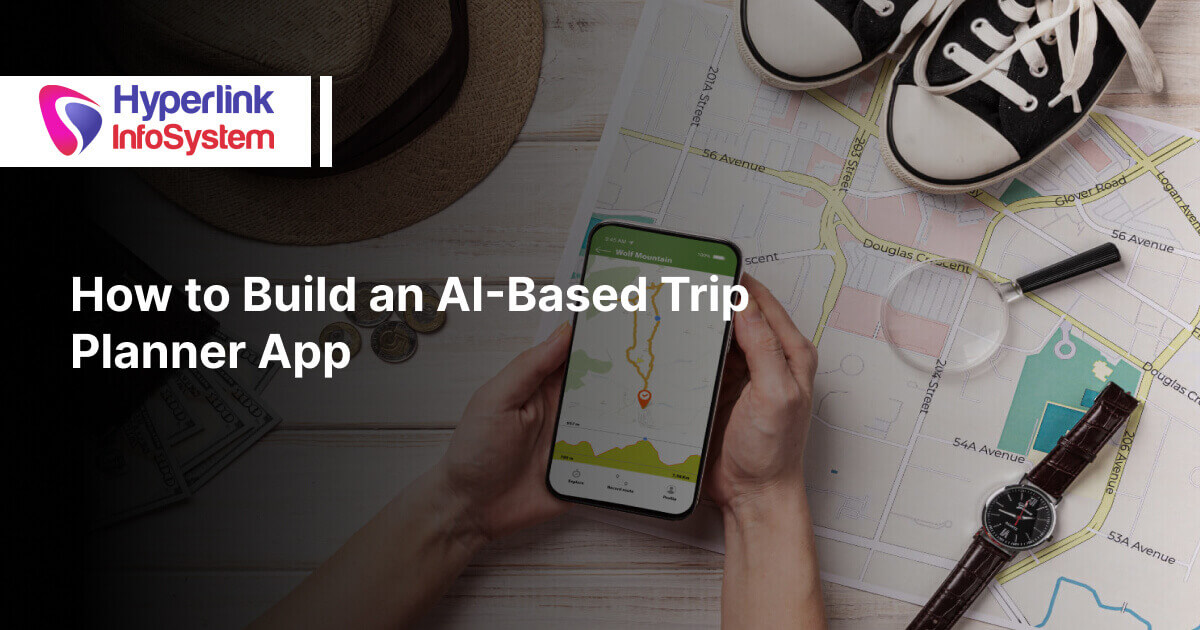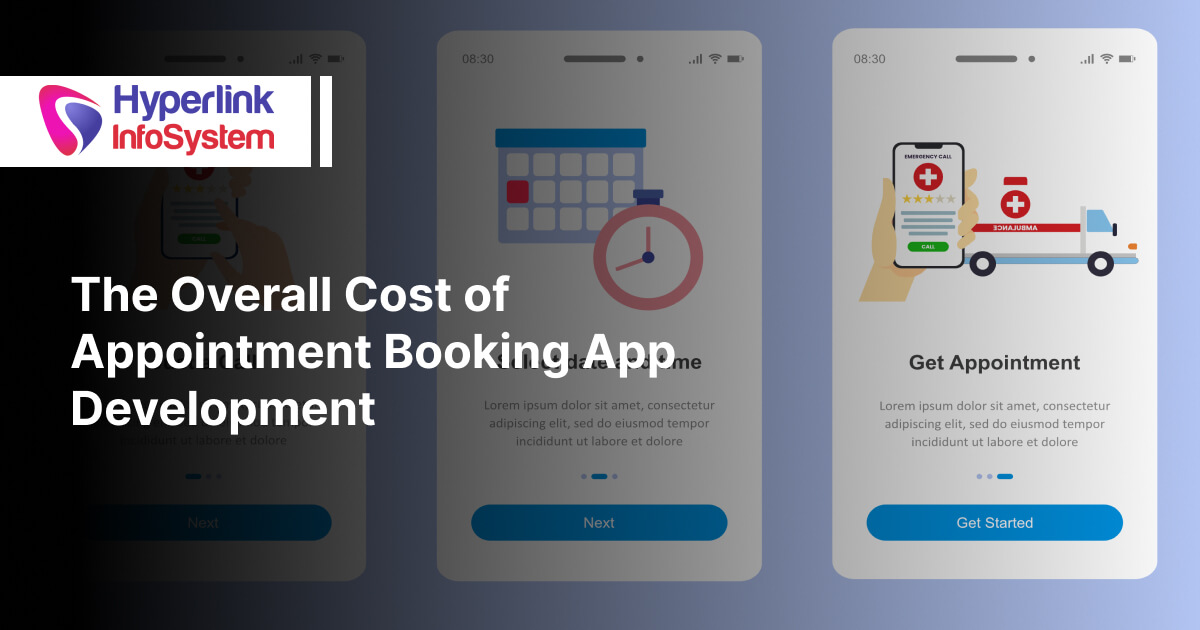AI technology is currently turning the economy upside down and enabling the introduction of completely new business models. AI is increasingly used as an instrument to improve existing business models or to develop completely new business ideas. Whether trade or marketing, healthcare or the automotive sector - start-ups and companies emerge in almost every industry that generate a breath of fresh air with AI-driven products and services.
A Berlin start-up, Konux, for example, has turned an AI based predictive maintenance solution into a business model. Konux is the highest endowed German AI start-up with 107 million euros in capital. The solution combines smart sensors and AI-based analytics. With its intelligent maintenance, it helps infrastructure managers to increase the availability of rail networks and make maintenance easier to plan.
Making such solutions the basis of business was unthinkable a few years ago. The technological basis was missing. But times are changing - digitization and rapid technological developments are increasingly reshaping the economy. Traditional business models and fields are becoming less important, and entirely new opportunities appear on the horizon.
AI as a future factor
These changes are primarily fueled by the key technology AI. A report by the Business Model Innovation Working Group on the “Learning Systems” platform states that competition between companies is increasingly being carried out through innovative business models - and these are primarily determined by AI.
For many companies, the question now arises as to how they can incorporate and implement business model innovations in their considerations. Does the existing model have future potential or does it need to be refreshed? Do you need completely new ideas? And which technologies are possible?
Also Read | Optimize Your Process With Big Data Analytics
Technological basis
The currently most mature AI technologies that are suitable for economic exploitation are machine learning, natural language processing and image recognition. Machine learning learns from examples and can independently find solutions to new and unknown problems. Natural language processing tries to recognize and understand human language. And image recognition deals with the automatic capture of photos, images and faces.
These technologies can be used in a wide variety of industries and for a wide variety of products and services. Machine learning methods can be used, for example, to identify patterns in data and make predictions. Natural language processing technologies enable chatbots to interact with customers or foreign language texts to be automatically translated. In turn, using image recognition processes, defective parts can be automatically sorted out in production or people can be identified.
Today, AI projects are usually implemented using AI tools and AI services, which are very often cloud-based. With Cloud - Machine-learning platforms such as Azure Machine Learning and Machine Learning AWS, companies can build machine learning applications. AI cloud services such as Microsoft Cognitive Services, Google Cloud Vision or Natural Language APIs allow companies to use complex AI or cognitive computing capabilities using a simple API.
AI in business models
According to a common definition, an "AI-driven business model" is a business strategy that uses artificial intelligence to improve at least one of three key areas: value creation, customer benefit (value delivery) or revenue mechanism (value capture). Artificial intelligence can play different roles or focuses. From a more peripheral, supportive meaning to the core of the business or a completely new, AI- based business idea.
In the first case, AI can support an existing business model and optimize processes so that added value or customer benefits increase. Process innovations of this kind represent the lowest level of an AI-based business model. In the second case, this contrasts with pure AI-driven models that are essentially based on AI and would not be possible without AI. In extreme cases, a company or start-up can base its business model entirely on AI. Often this leads to the development of a business model in the form of a pure data service or a digitally charged physical product.
Also See | IoT Platforms From The Cloud: 6 Advantages For Business
AI as a business supporter
The first two cases of innovation are mainly covered by established companies. They use AI to improve value propositions and earnings mechanisms and more or less integrate AI into their core business model. Popular examples of this are streaming providers such as Netflix or Spotify.
With music streaming services such as Spotify, the customer benefit is a wide range of music that is delivered personalized via Internet streaming. Using AI, Spotify evaluates customers' listening habits and puts together their own personal mix for each user. The service uses machine learning methods to learn which mix is to be suggested to the listener. Netflix proceeds in a similar way and offers its customers a personalized experience of films. Such personalization functions are not central to the value proposition, but they are suitable for increasing customer loyalty and product use.
Chatbot are another example of how AI can help support or enhance services. An AI-based chatbot can help companies to provide a customer-oriented range of services at low cost around the clock. Many service providers such as telecommunications companies are now designing their customer channels hybrid. Simple inquiries are answered by a chatbot, complex problems continue to be answered by people. Here, AI primarily helps to improve the earnings mechanisms.
On the other hand, AI can also intervene more deeply in the company structure and improve several aspects at the same time. The e-commerce retailer Zalando uses AI to optimize many core processes. This includes demographic forecasts, price and sales forecasts and advanced fraud detection. In the future, algorithms should also develop new fashion designs.
AI as an enabler
At the other end of the spectrum are business models that are based exclusively on AI or owe their core idea to AI. For example, a direct bank outsourced or completely newly founded by a traditional credit institution can completely automate its core business, the decision to grant loans, with AI technology. The AI would thus be a key resource for the company, with which the success of the institute stands or falls and with which new customer segments can be opened up.
Such disruptive innovations that break with the traditional can be found above all in AI start-ups. They base their business idea completely on AI technologies and are important drivers for change. Compared to the more evolutionary established ones, the start-ups are considered revolutionaries who put important AI innovations into practice.
Dozens of examples testify to the innovative strength of small businesses. Predictive maintenance is one of those use cases where there are a particularly large number of business ideas. According to several studies, AI has a particularly high potential in manufacturing to increase added value.
Conclusion
Artificial intelligence has enables new business models that were unthinkable several years ago to be formulated. The benefits and applications of AI cannot be overstated. It supports businesses with excellent business models.
Are you looking for a top-quality AI based solution to take your business to the next level? You should contact us at Hyperlink InfoSystem today. Our developers with several years of experience will surely assist you.
 +1 309 791 4105
+1 309 791 4105




















































 +91 8000 161161
+91 8000 161161
